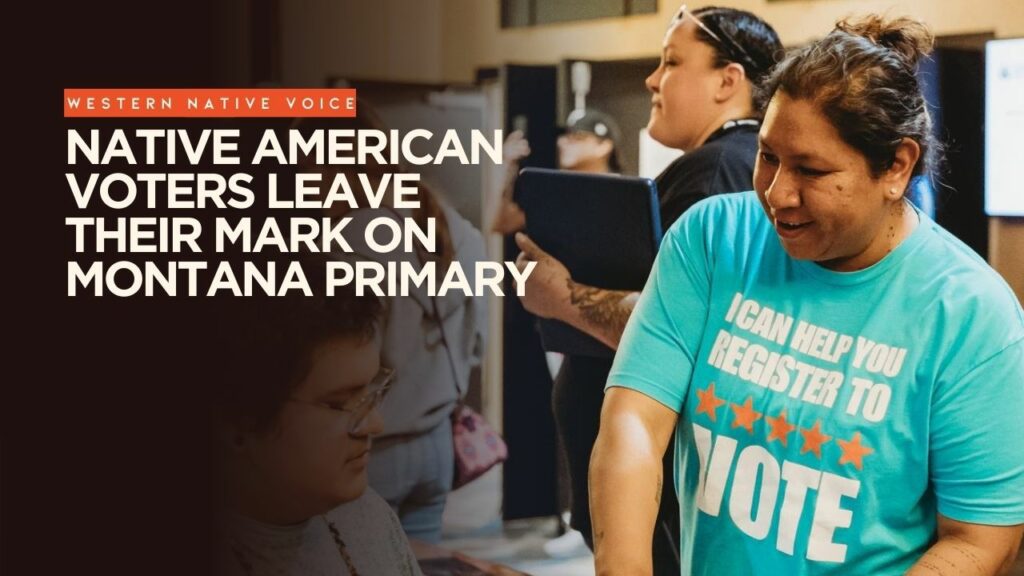
MONTANA—In the Treasure State’s recent primary elections, a pronounced surge in turnout among Native American voters underscored the increasingly pivotal role of Indigenous communities in shaping Montana’s political future. This heightened engagement among Native registered voters comes at a time when the voices of Native Americans are becoming critical in policy discussions and electoral outcomes.
Tribal areas in Montana reported significant increases in voter participation among registered voters. This development clearly indicates the growing political consciousness and mobilization efforts within these communities.
“Every vote casts a long shadow, and this year, the Native American vote cast a very long one,” stated a representative from Western Native Voice, an organization that has been instrumental in driving Native voter registration and education. Amid concerns over a decrease in registered voters in some precincts, the organization has implemented new technological tools, including an app, to capture better and analyze voting data, especially from urban areas where more than half of the state’s Native population lives.

Organizers and participants alike reported a renewed vigor and commitment to the electoral process, propelled by Western Native Voice’s community-focused initiatives and educational events such as movie screenings, Bingo nights, canvasing events and more. This empowerment is a testament to the potential of Native political participation and should inspire hope for the future.
As Montana prepares for the November 5th General Election, there is a robust campaign underway to ensure that the momentum continues. With over 50,000 Native Americans in Montana still unregistered, the push for comprehensive voter registration is more urgent than ever. The upcoming General Election is a crucial moment, and the participation of Native Americans will be significant in shaping the state’s future.
“The primaries were just the start,” added the Western Native Voice spokesperson. “Our goal for the general election is not only to maintain this level of engagement but to expand it by hiring more organizers in rural areas, doing more on the ground canvassing, and holding more events to ensure that the Native vote is not just heard but is influential in deciding our state’s leaders.”
This concerted effort to mobilize Native American voters reflects a broader trend of increasing political engagement among Indigenous populations in the U.S. This trend promises to reshape local, state, and national elections for years to come, offering the potential for positive change and a more inclusive political landscape.



